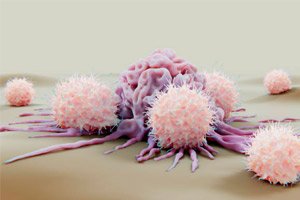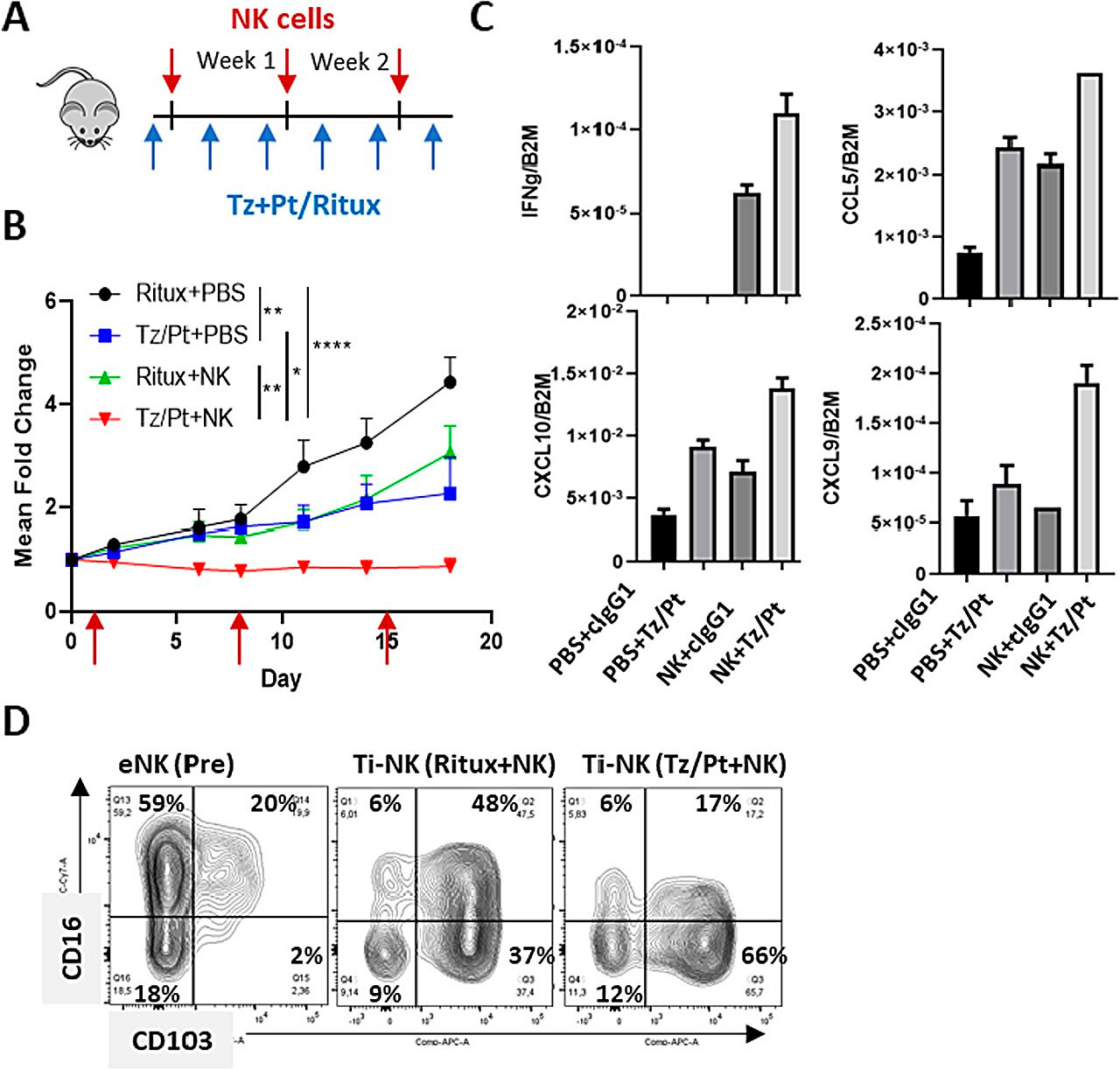
All iLive content is medically reviewed or fact checked to ensure as much factual accuracy as possible.
We have strict sourcing guidelines and only link to reputable media sites, academic research institutions and, whenever possible, medically peer reviewed studies. Note that the numbers in parentheses ([1], [2], etc.) are clickable links to these studies.
If you feel that any of our content is inaccurate, out-of-date, or otherwise questionable, please select it and press Ctrl + Enter.
Lymphocytes mobilize the immune system against aggressive breast cancer
Last reviewed: 02.07.2025
 ">
">Researchers from the Autonomous University of Barcelona (UAB) and the Instituto della Recherche Hospital del Mar have confirmed that patients with NK lymphocytes around their tumors show a better response to treatment. This confirms the possibility of using cytokines secreted by NK cells as markers of treatment response using a simple blood test and supports the use of these lymphocytes to enhance treatment in patients with metastatic HER2-positive breast cancer.
NK cells, known for their anti-tumor properties, are able to activate the immune system to detect cancer cells when combined with treatment for the most aggressive form of breast cancer. This ability allows them to recruit other immune cells to fight the tumor.
Discovery of a potential biomarker
The study, published in the Journal of Experimental & Clinical Cancer Research, also allowed the researchers to describe a potential biomarker for identifying patients who respond well to treatment.
The study was led by scientists from the Hospital del Mar Institute of Research's Immunity and Infection Research Group, Dr. Aura Muntacell, who also teaches at UAB, and graduate student Sara Santana.
Previous research and new discoveries
Previous studies by the group had confirmed that the presence of NK cells, a type of cytotoxic lymphocyte that can kill tumor cells, in HER2-positive breast cancer tumors was associated with patients’ response to treatment with anti-HER2 antibodies. However, despite this association, their numbers were lower than those of other immune system cells, leading the researchers to suspect that they also played a regulatory role in the body’s response to cancer.

Combination treatment with NK cells and anti-HER2 antibodies in a humanized mouse model of HER2-positive breast cancer. Source: Journal of Experimental & Clinical Cancer Research (2024). DOI: 10.1186/s13046-023-02918-4
A new study has focused on shedding light on this issue. By comparing RNA sets from HER2-positive breast cancer tumor biopsies with and without NK cells, as well as mouse models, the work was able to demonstrate that these cells, when exposed to antibodies used against these tumors, secrete two types of small proteins — cytokines and other soluble factors.
This changes the tumor microenvironment, which in turn facilitates the entry of other immune system cells, enhancing the effect of anti-cancer treatment.
Potential new biomarker of treatment response
The study also looked at whether factors released by NK cells when exposed to anti-HER2 antibody treatment could be detected in patients, using blood or serum samples. Their presence was confirmed through serum samples from patients during treatment in cases where the person had a positive response.
"New evidence confirms the ability of anti-HER2 therapy to induce an immune response that correlates with greater therapeutic efficacy. This should serve as a basis for further improvement and personalization of treatment for patients with HER2 positive breast cancer," said Dr. Joan Albanell, head of the Oncology Department at Hospital del Mar, director of the Cancer Research Program at the Institute of Research at Hospital del Mar and one of the study's authors.
Translation of findings to other tumor types
The researchers believe these findings may be transferable to other types of tumors, as the study "proves that the activity of NK cells as cells that can alter the tumor environment can be translated to other tumors," Dr. Muntacell explained.
